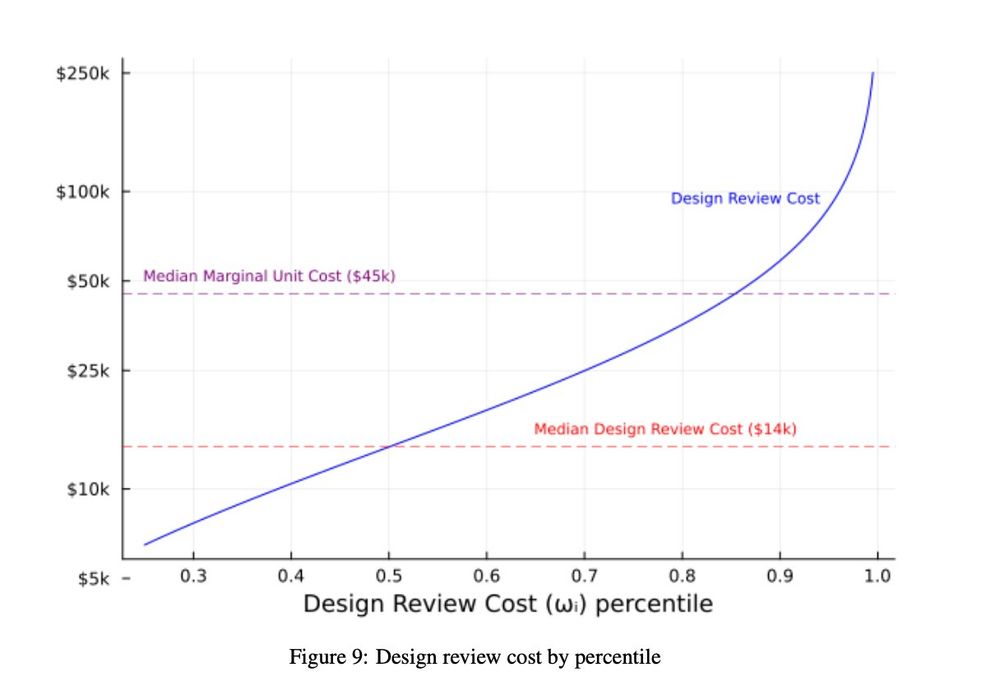
https://pencillingout.substack.com/




A rising tide to lift all boats, regardless of family status

A rising tide to lift all boats, regardless of family status
But it's still supported major first-order growth in the # of families!

But it's still supported major first-order growth in the # of families!
The population in these areas has grown commensurately, but it's not just childless yuppies — in 2020, they had thousands more children than in 2010.


The population in these areas has grown commensurately, but it's not just childless yuppies — in 2020, they had thousands more children than in 2010.





danny-gold.com/jmp

danny-gold.com/jmp
At the same time, developers adjust below 8 units by building more sq ft/unit to adjust (meaning less lower-cost housing supply)


At the same time, developers adjust below 8 units by building more sq ft/unit to adjust (meaning less lower-cost housing supply)






marketurbanism.com/2025/11/03/h...

marketurbanism.com/2025/11/03/h...
Meanwhile Davis and Hampton have been completely counted out

Meanwhile Davis and Hampton have been completely counted out




www.governing.com/urban/to-sup...

www.governing.com/urban/to-sup...
So the extra bedrooms story seems pretty important.

So the extra bedrooms story seems pretty important.
www.aeaweb.org/articles?id=...

www.aeaweb.org/articles?id=...
streets.mn/2025/05/19/m...

streets.mn/2025/05/19/m...
As I blogged about a few months ago, it's not alone — in 2020 many cities reached all-time highs in the # of households, even after past population loss.
pencillingout.substack.com/p/some-citie...

As I blogged about a few months ago, it's not alone — in 2020 many cities reached all-time highs in the # of households, even after past population loss.
pencillingout.substack.com/p/some-citie...
Specifically: 1 new market-rate units leads to 0.2 - 0.3 new units opening up in the very poorest neighborhoods

Specifically: 1 new market-rate units leads to 0.2 - 0.3 new units opening up in the very poorest neighborhoods
Just a year ago, it was a loud and chaotic through street. Things changing for the better!


Just a year ago, it was a loud and chaotic through street. Things changing for the better!

